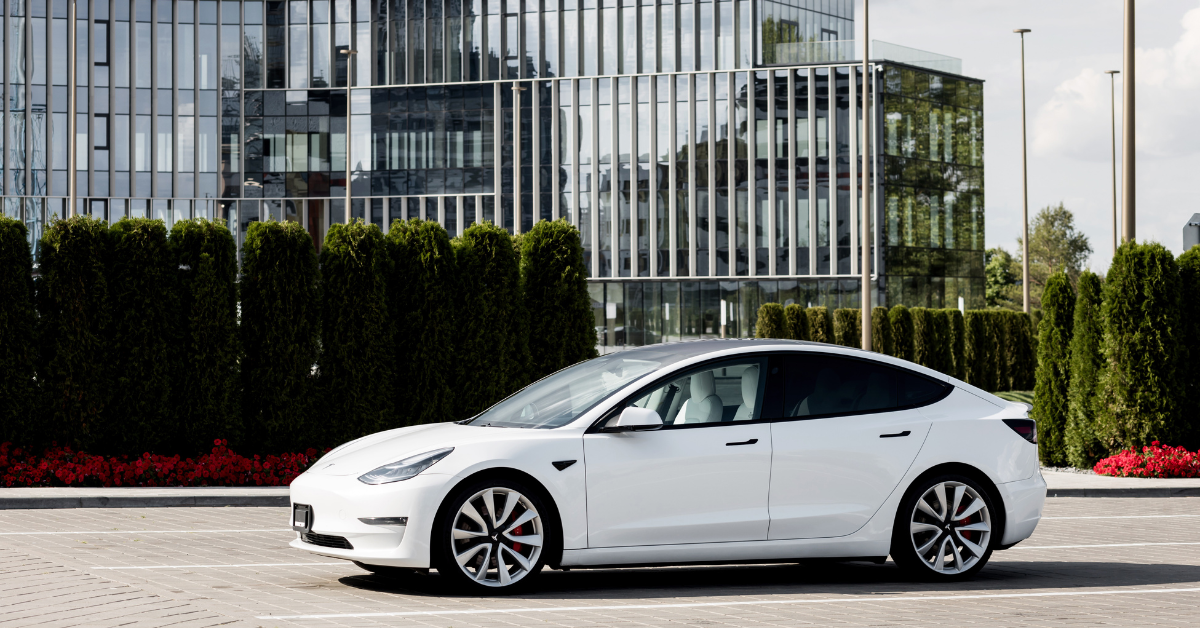In December, Tesla, the renowned American car manufacturer, experienced a significant surge in sales of its China-made electric vehicles (EVs). The company reported selling 94,139 units, marking an impressive 68.7% increase compared to the same period last year. This data, originally released by the China Passenger Car Association, highlights Tesla’s growing dominance in the EV market.
The sales figures for Tesla’s popular Model 3 and Model Y vehicles, both manufactured in China, also showed a notable increase. There was a 14.2% rise in deliveries from November, indicating a strong end-of-year performance for these models.
Meanwhile, Tesla’s Chinese competitor, BYD, also reported robust sales figures for December. BYD, known for its Dynasty and Ocean series of EVs and hybrid models, delivered 341,043 passenger vehicles. This number represents a 13% increase from their November sales and a substantial 45% year-on-year growth, showcasing BYD’s significant presence in the Chinese automotive market.
BYD, a leading player in the new energy vehicle market, achieved a remarkable milestone in the fourth quarter with the sale of 944,779 new energy vehicles. This impressive figure includes 526,409 purely electric vehicles (EVs), highlighting the company’s strong performance in this sector.
Tesla, another major force in the EV industry, also had a noteworthy year. The company’s sales of China-made vehicles, which encompass both domestic sales and exports, reached a total of 947,742 units for the year. This figure represents over half (52.4%) of Tesla’s global deliveries, underscoring the significant role of the Chinese market in Tesla’s international success.
The Tesla Shanghai plant, which stands as the company’s largest manufacturing facility worldwide, has a production capacity of 1.1 million units per year. This plant primarily produces the Model 3 and Model Y vehicles. Notably, the Shanghai facility serves not only the Chinese market but also exports to various international destinations, including New Zealand, Australia, and European countries, further expanding Tesla’s global reach.
In a remarkable achievement, Tesla set a new record in the final quarter of the year by delivering 484,507 vehicles worldwide, surpassing market expectations. Despite this success, Tesla was overtaken by BYD as the leading manufacturer in the electric vehicle (EV) market.
In the competitive landscape of China, the world’s largest automobile market, Tesla is facing increasing challenges. Despite a slowdown in EV demand and an intense price competition, new Chinese entrants continue to join the market, adding to the competitive pressure.
Tesla itself initiated a significant price reduction at the beginning of the previous year in China. This move triggered a price war that involved over 40 automotive brands, significantly impacting the profitability of the EV industry in the region.
BYD is actively leading a sales campaign in the EV market with a range of discount policies. Meanwhile, Tesla, the prominent American EV manufacturer, paused its pricing changes in the Chinese market in December. This decision came after Tesla had implemented five consecutive price increases in the preceding month.
The competition in the EV sector is intensifying with new entrants from various industries. Notably, Xiaomi, a major Chinese smartphone producer, recently introduced its first electric vehicle. With this bold move, Xiaomi aims to position itself among the top five global automakers within the next 15 to 20 years.
In another significant development, Huawei, a leading competitor of Xiaomi in the smartphone arena, has reportedly been in discussions with Mercedes Benz and Audi, a subsidiary of Volkswagen, regarding potential smart car investments.
Tesla, on the other hand, is making strategic moves to strengthen its position in the EV market. The company has acquired a parcel of land in Shanghai to build a megapack battery manufacturing facility. The production at this plant is anticipated to commence in the fourth quarter of 2024, indicating a more gradual progress than initially planned.
Furthermore, Tesla’s ambitious expansion plans in Shanghai, which is its largest global production hub, are contingent on receiving regulatory approvals in China.

